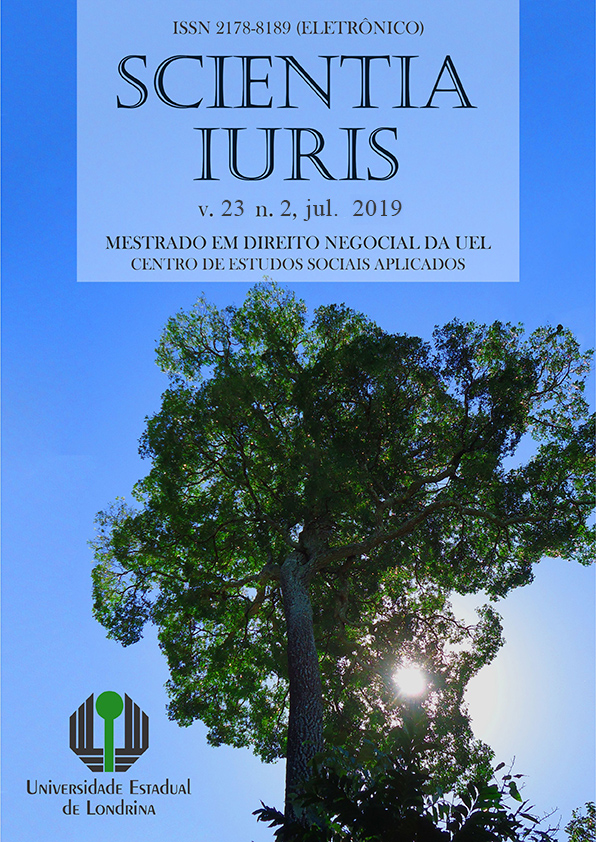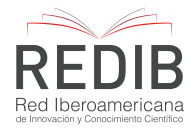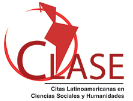Lei geral de proteção de dados pessoais e seus reflexos nas relações de trabalho
DOI:
https://doi.org/10.5433/2178-8189.2019v23n2p127Keywords:
Princípio da privacidade, Proteção de dados, LGPDP, Direito do trabalho.Abstract
A Lei n° 13.709, Lei Geral de Proteção de Dados Pessoais – LGPDP, promulgada em 14 de agosto de 2018 que entrará em vigor em 20 de fevereiro de 2020, regulamenta a proteção de dados pessoais, garante o exercício dos direitos da personalidade, e estabelece limites ao direito de acesso às informações de terceiros e à utilização de tais dados com intenções discriminatórias, ilícitas ou ilegais. O objetivo deste trabalho é analisar a nova lei, considerando se as suas diretrizes asseguram a efetiva proteção de dados pessoais nas relações de trabalho. A análise inicia-se com o exame do princípio constitucional da privacidade e sua evolução normativa, seguida dos fundamentos, princípios, objetivos e regras da LGPDP. A terceira seção analisa as repercussões jurídicas da nova norma para a proteção dos dados dos trabalhadores nas relações de trabalho. O método utilizado é descritivo-analítico e qualitativo, e a pesquisa realizada é bibliográfica, através de livros e artigos sobre o tema. O estudo sugere que a LGPDP trouxe uma gama de obrigações para as empresas, que terão de se adaptar e adotar medidas técnicas, administrativas e de segurança com vistas à proteção dos dados pessoais e sensíveis obtidos em decorrência das relações de trabalho.
Downloads
Downloads
Published
How to Cite
Issue
Section
License
Copyright (c) 2022 Scientia Iuris

This work is licensed under a Creative Commons Attribution 4.0 International License.
The journal reserves the right to modify, in the original text of the submitted article, normative, spelling and grammatical mistakes in order to maintain the cultured standard of language and the credibility of the journal. The journal will respect the authors' writing style. Changes, corrections or suggestions of conceptual order will be sent to the authors, when necessary. In such cases, the articles will be re-examined. The final exams will not be sent to the authors. The published works become the property of the journal, in other words, its total or partial reprinting is subject to the express authorization of the journal. In all subsequent citations, the original source of publication shall be cited and in the case of Photographic Speeches, shall be approved by the original author. The opinions expressed by the authors of the journal’s articles are of their sole responsibility.















